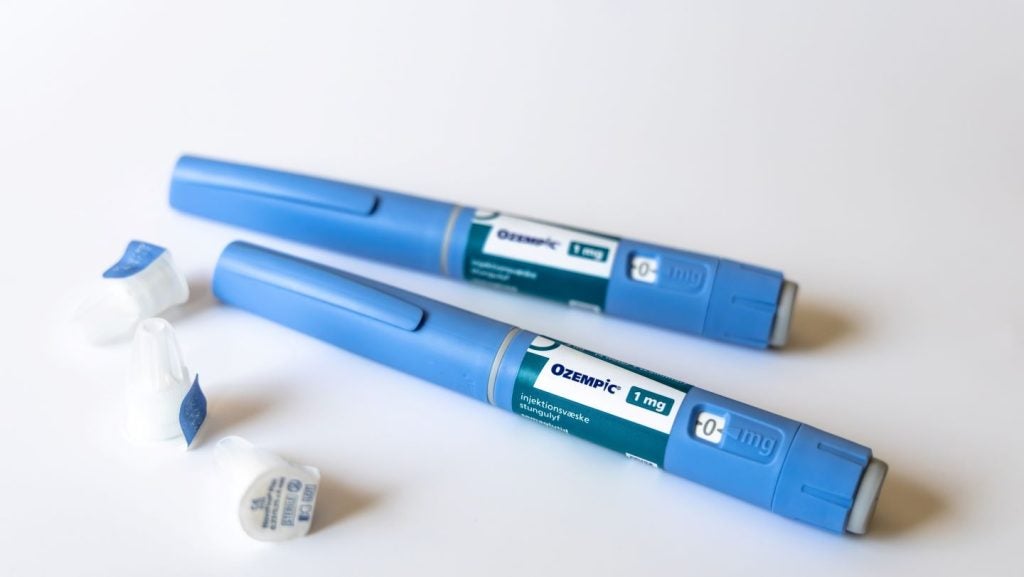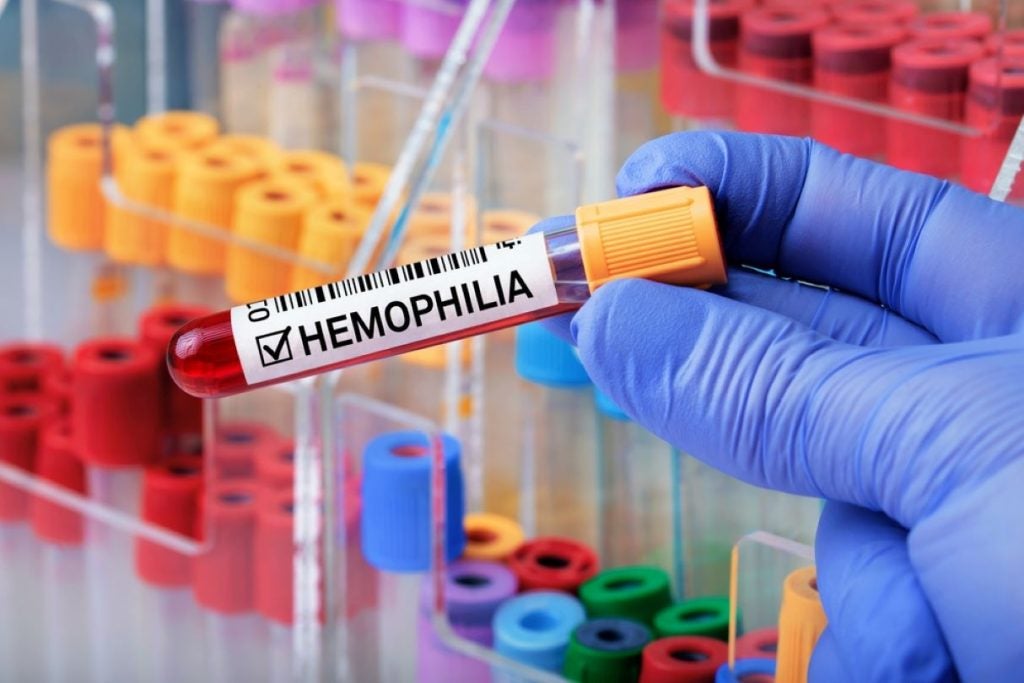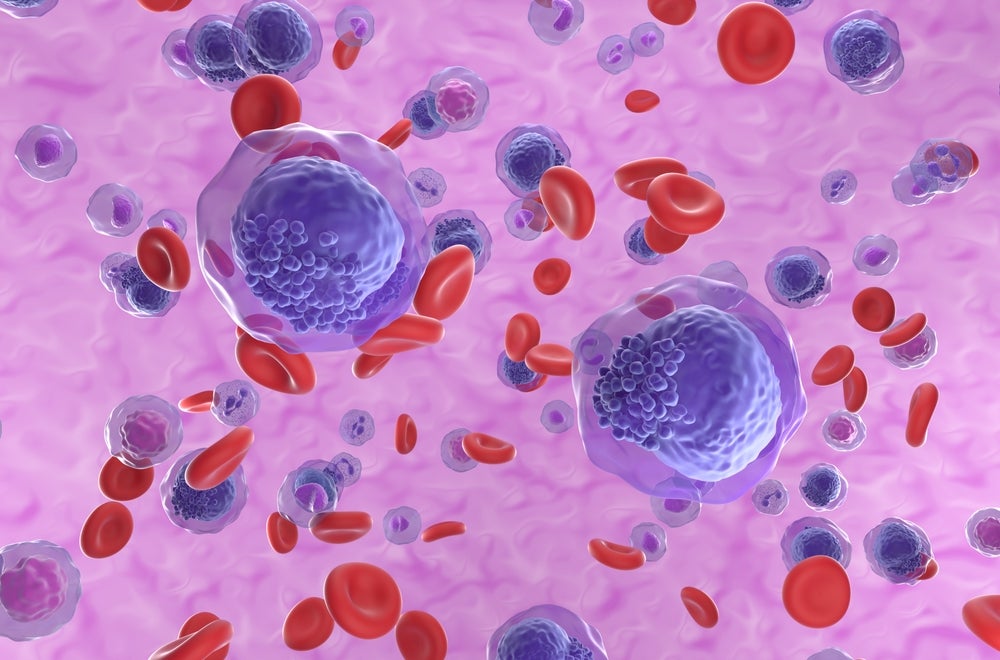Novo Nordisk has announced that it will stop the kidney outcomes trial for the company’s blockbuster drug, Ozempic, even after meeting the primary endpoint.
Ozempic (semaglutide) is a once-a-week dosed glucagon-like peptide-1 (GLP-1) analogue designed to improve blood glucose levels and lower the risk of adverse cardiovascular events by stimulating insulin secretion in adults with type 2 diabetes (T2D) and existing cardiovascular disease.
Semaglutide, which first received United States Food and Drug Administration (FDA) approval as a T2D treatment in 2017, is approved as a subcutaneous injection at 0.5, 1.0, and 2.0 mg doses. It is currently being studied as a treatment for multiple indications.
In the double-blinded, multi-centre, randomised FLOW trial (NCT03819153), 3,534 patients are given injections of either 1.0 mg semaglutide subcutaneously or placebo over a period of three to five years to evaluate the drug’s ability to slow the progression of kidney disease in people with T2D and chronic kidney disease (CKD).
The decision to stop the trial was based on an interim analysis conducted by the independent Data Monitoring Committee (DMC) after the trial met the efficacy criteria for early trial termination. The FLOW trial achieved its primary endpoint of delaying renal function decline at ≥50% and reducing the risk of cardiovascular and CKD-associated mortality.
Though Novo Nordisk will begin wrapping up the study, the results will be unaffected, as the company will remain blinded to the results until its primary completion, which is expected in 2024.
The trial began in June 2019 and has been conducted across 28 countries.
The company has also evaluated subcutaneous injection Wegovy (semaglutide 2.4 mg) in Phase III SELECT clinical trial (NCT03574597) as a treatment for preventing major adverse cardiovascular events (MACEs) in individuals with obesity or existing cardiovascular disease. Novo Nordisk announced in August that the study met its primary endpoint of a 20% reduction of MACE and plans to file for regulatory approval for label indication expansion in 2023.
















